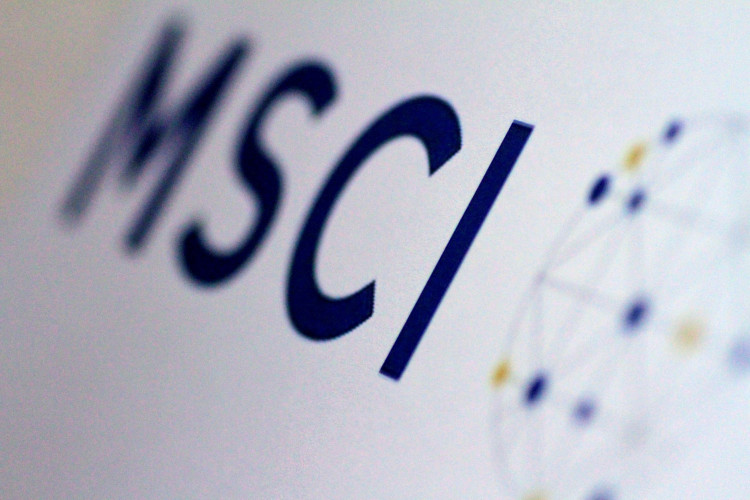China's growing clout in the emerging market benchmarks have worried investors about potential risks, driving demand for indexes that restrict their exposure to mainland firms.
The latest round of China stock inclusion by global index provider MSCI, completed on Wednesday, brought Chinese equity to 34 percent of the MSCI Emerging Markets Index, larger than the combined weight of the country's 21 components.
The weight of China in the FTSE Emerging Index is 35 percent, and is expected to rise by March to about 37 percent. "If China experiences a downturn or global market uncertainty, it will be the biggest driver for instability in terms of equity market portfolios," said Jason Hsu, Chairman and Chief Investment Officer of Rayliant Foreign Advisors.
Thomas Tew, chief of the Asia Pacific-i-Shares investment planning at wealth-management firm BlackRock said shareholders will gradually see China as a different asset class of emerging markets, just as Japan was separated from the rest of Asia in the EM marketplace in the 1980s.
Sebastien Lieblich, MSCI's international head of equity solutions said the index provider used straightforward, impartial guidelines to assess each country's weight in its global and EM indexes. He said the approach is focused on listed companies' market capitalization.
Nevertheless, the company offers personalized indices to resolve the concentration or regulatory uncertainties of consumers, he added.
Smaller tracking suppliers such as BlueStar Indexes also created opportunities for shareholder issues. "Investors are waking to a clear the dichotomy in 2019, and although trade and diplomatic uncertainties between the United States and China are growing, Beijing's weight is also, a force to be reckoned with in these portfolios," said BlueStar's chief investment director Steven Schoenfeld.
In order to address these concerns, BlueStar, based in New York, plans to launch its Emerging Market Risk-Controlled Index over the next two months, limiting investor exposure to China to around 25 percent.
This "government map" would also maintain shares such as Hikvision and iFlytek, which Washington blacklisted owing to national security concerns.
"While these issues of public policy are not directly related to investment risk, most stakeholders say "this is a noteworthy hazard. It's a political threat, a possible reputational risk, or perhaps also a regulatory risk," Schoenfeld pointed out.
Other providers say that active investment - rather than adjusting indexes - is the way to address China's risks, which could change rapidly based on geopolitical developments.
"For exactly these purposes, participating more widely in Asia and the emerging markets is better suited for active management," said Andrew Gillan, ex-Japan equity head of Asia at Janus Henderson Investments.






